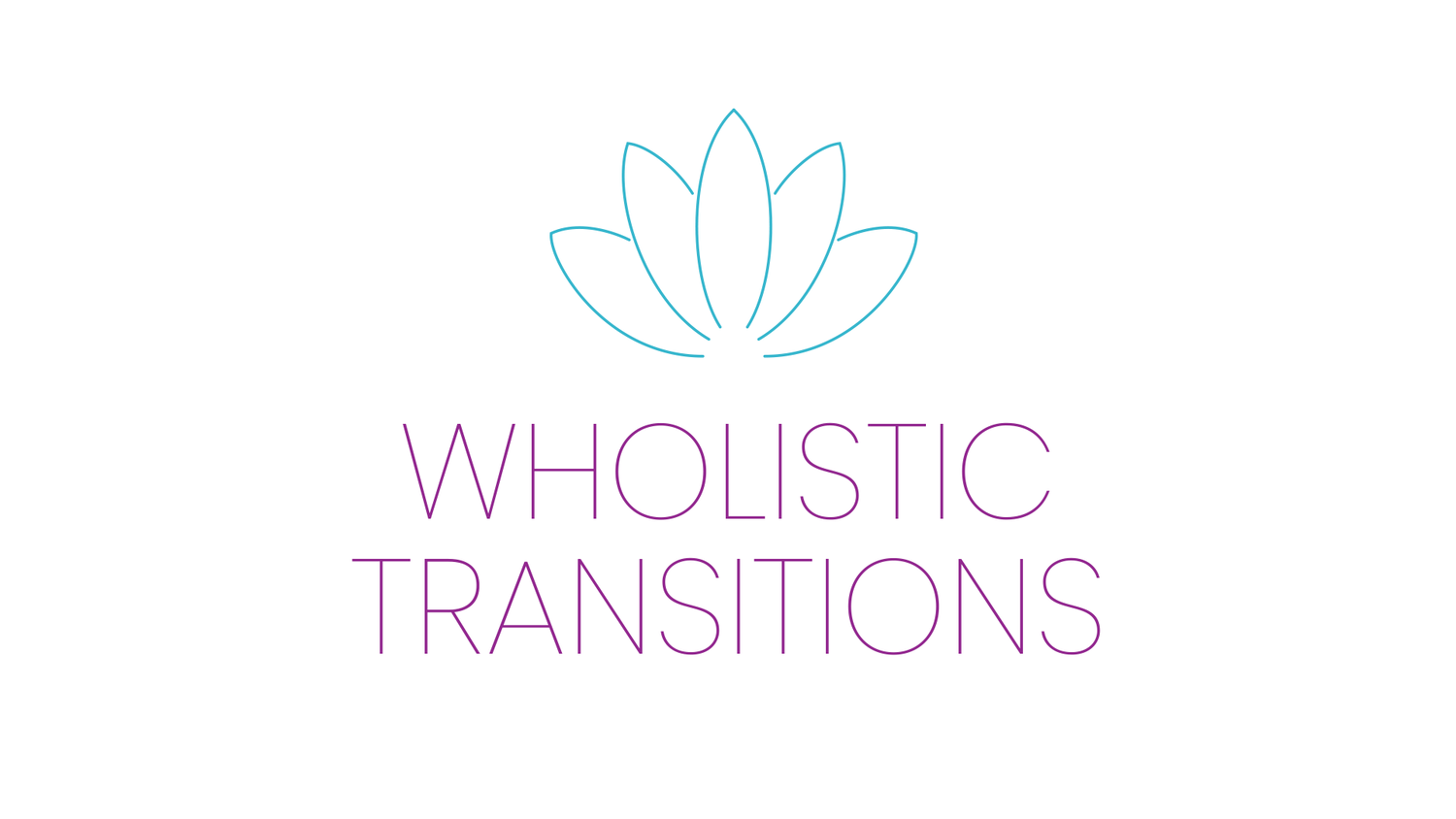La’Shandra “Elle” Holmes-Russell, MSOT, OTR/L, CEIM, CYT: OT in Perinatal Mental Health
In this post, we will be learning about an occupational therapy practitioner in perinatal mental health. You will hear from the personal and professional experiences of La'Shandra "Elle" Holmes-Russell, MSOT, OTR/L, CEIM, CYT. Elle is a board-certified and licensed Occupational Therapist practicing in the state of Virginia. She received her Master of Science Degree in Occupational Therapy from Shenandoah University and her Certificate in Early Intervention from Georgetown University in 2019. She is the owner of Occupational Transitions, LLC, a mobile clinic practice providing the following services in person and virtual via Zoom: occupation-based maternal mental health, lactation/breastfeeding education and counseling, postnatal yoga classes, infant massage classes, and early childhood developmental screenings/early intention therapy.
Elle is passionate about partnering with families in order to collaboratively identify therapeutic interventions that support and strengthen familial bonds and relationships, in order to maximize the mental health and well-being of the mother for optimal childhood developmental outcomes, by taking a holistic approach in supporting the mother to and through the transition of motherhood/parenthood, including the up to one-year postpartum period. For it is Elle's held belief that “relationship is the organizing factor in which all development (physical, social, and emotional) occurs,” and that every family deserves an "exceptionally bright beginning". A belief that continues to guide her professional development and aspirations toward becoming an International Board-Certified Lactation Consultant (IBCLC) and Certified Perinatal Mental Health through PSI.
Q & A with Elle:
Please tell us a little about yourself and a few favorite occupations.
I am a mother, sewer, crocheter, runner, business owner, and Occupational Therapist specializing in Perinatal Mental Health while also working in a SNF, Home Health, Acute Care, and Early Intervention.
What motivated you to contribute to this podcast series?
To educate and raise awareness about the role of OT in Perinatal Mental Health Care
Please describe the Uncommon OT work that you do and the setting in which you work, the population you serve, and the needs that you address.
Maternal Mental Health Services, Mobile Clinic Practice (natural environment), all mothers with a new on the mothers in the criminal justice system w/ history of homelessness, substance use/abuse and who are preparing for community re-integration.
What inspired you or drew you to this type of OT work?
My own personal experience with postpartum anxiety, the need to provide timely, affordable, interdisciplinary, community-based care, particularly to mothers in the criminal justice systems who are preparing for community integration as they also manage demands associated with the transition into motherhood.
How did you get there? Can you describe your path?
Self-promotion and networking.
Please describe a typical day or OT session in your uncommon setting. What OT skills do you utilize?
Session begins with check-in (emotional state); discussion of new experiences since last visit and impact on progress toward a goal; implementation of session plan; review; goal setting; schedule next appt.
Can you talk about some recent highs (successes) and lows (challenges) of your current role?
Following a client from the beginning to end, meeting all goals; challenges is getting others to see and accept the value that OT can bring to this space.
How do you continue to learn to stay on top of things within your role?
Join professional associations serving communities that I am serving, attending conferences, reading books, research articles, networking via social media.
Can you share a little bit about salary and compensation in this setting? How do OT or the services you provide get funded?
At this time, services are cash-based.
Any career advice for our followers and listeners on how to get started on this path?
Connect with other OTs doing the work; do a needs assessment in your area, build your program around the results of the needs assessments remembering to keep "occupations" at the core of the program; and connect with other community providers.
What’s a common myth or misconception about your job/role you’d like to call out or demystify?
OTs are not mental health professionals.
How do we find you, follow you, be in touch with you, and promote your unique work?
Website: occupationaltransitions.com
Email: elle@occupationaltransitions.com
IG: @thesewing_OT
RESOURCES:
Occupational Transitions, LLC (Lactation and Breastfeeding Care Management, Infant Massage, Postnatal Yoga, Early Intervention/Developmental Screening for Birth-3)
Local to DC and Northern VA; Virtual and In-person appointments occupationaltransitions.com
The Mindful Melanated Mother Visual Support Group (Support Group for Mothers who identify as black).
Interest meeting link https://form.jotform.com/212716108775155
Therapy for Black Girls (Directory for women of color to locate a therapist within their are of living)
https://therapyforblackgirls.com
Postpartum Support International (Various Postpartum Support Groups for ALL women and birthing persons)
As always, I welcome any feedback & ideas from all of you or if you are interested in being a guest on future episodes, please do not hesitate to contact Patricia Motus at transitionsot@gmail.com or DM via Instagram @transitionsot
THANK YOU for LISTENING, FOLLOWING, DOWNLOADING, RATING, REVIEWING & SHARING “The Uncommon OT Series” Podcast with all your OTP friends and colleagues!
Full Episodes and Q & A only available at:
https://www.wholistic-transitions.com/the-uncommon-ot-series
Sign Up NOW for the Transitions OT Email List to Receive the FREE
List of Uncommon OT Practice Settings
https://www.wholistic-transitions.com/transitionsot
Happy Listening Everyone!
Big OT Love!
All views are mine and guests’ own.
Be a Patron to support The Uncommon OT Series Podcast project via Patreon.

